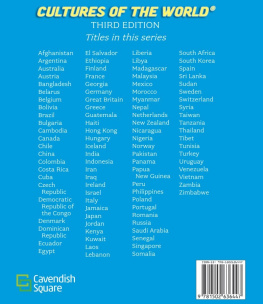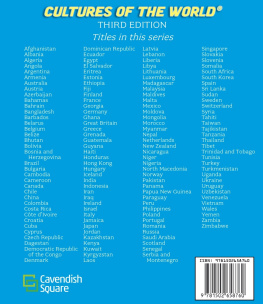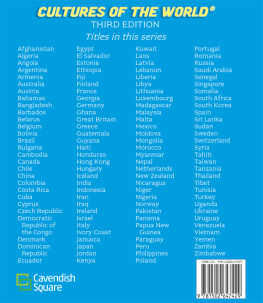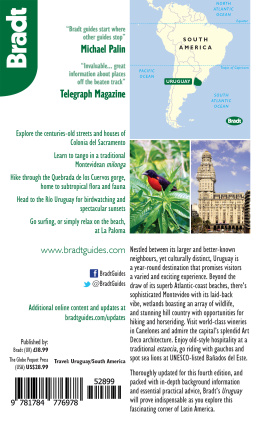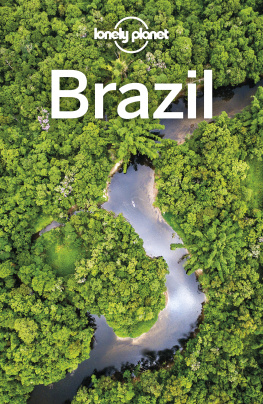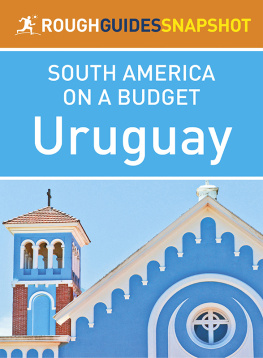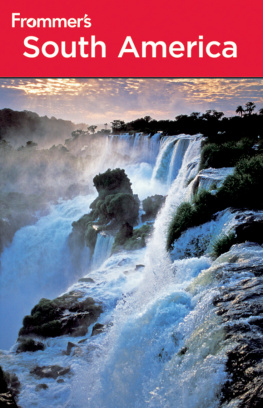
Published in 2019 by Cavendish Square Publishing, LLC
243 5th Avenue, Suite 136, New York, NY 10016
Copyright 2019 by Cavendish Square Publishing, LLC
Third Edition
No part of this publication may be reproduced, stored in a retrieval system, or transmitted in any form or by any meanselectronic, mechanical, photocopying, recording, or otherwisewithout the prior permission of the copyright owner. Request for permission should be addressed to Permissions, Cavendish Square Publishing, 243 5th Avenue, Suite 136, New York, NY 10016. Tel (877) 980-4450; fax (877) 980-4454.
Website: cavendishsq.com
This publication represents the opinions and views of the author based on his or her personal experience, knowledge, and research. The information in this book serves as a general guide only. The author and publisher have used their best efforts in preparing this book and disclaim liability rising directly or indirectly from the use and application of this book.
All websites were available and accurate when this book was sent to press.
Cataloging-in-Publication Data
Names: Jermyn, Leslie. | Wong, Winnie. | Nevins, Debbie.
Title: Uruguay / Leslie Jermyn, Winnie Wong, and Debbie Nevins.
Description: New York : Cavendish Square, 2019. | Series: Cultures of the world | Includes glossary and index.
Identifiers: LCCN ISBN 9781502636447 (library bound) | ISBN 9781502636454 (ebook)
Subjects: LCSH: Uruguay--Juvenile literature.
Classification: LCC F2708.5 J47 2019 | DDC 989.5--dc23
Writers, Leslie Jermyn, Winnie Wong; Debbie Nevins, third edition
Editorial Director, third edition: David McNamara
Editor, third edition: Debbie Nevins
Designer, third edition: Jessica Nevins
Picture Researcher, third edition: Jessica Nevins
PICTURE CREDITS
Cover: Yaacov Dagan / Alamy Stock Photo
The photographs in this book are used with the permission of: .
PRECEDING PAGE
The Palacio Salvo is a national historic monument in Montevideo, Uruguay.
Printed in the United States of America


U RUGUAY IS A LATIN AMERICAN COUNTRY THAT IS SOMETIMES CALLED the Switzerland of South America. But if that phrase conjures up images of snow-capped alpine peaks, the comparison couldnt be more wrong. Uruguay is relatively flat and the temperature rarely falls to freezing. Snow is virtually unknown there.
However, like Switzerland, Uruguay is a small country squeezed between giants in its case, Argentina and Brazil. Its a peaceful, relatively affluent, democratic nation with a socially progressive government and a strong social safety net, which is paid for in fairly high taxes. And, like the Swiss, the Uruguayans are mostlybut not exclusivelywhite people of European descent.
The similarity extends only just so far, however, because Uruguay is really quite different in many ways. Unlike Switzerland, it is a coastal country, situated on the Atlantic Ocean and the Ro de la Plata estuary. It lies well south of the equator between the latitudes of 30 and 35 degrees southand therefore its seasons are reversed compared to those in the Northern Hemisphere. The country has four seasons, but they occur at the opposite ends of the calendar. When its summer in North America, its winter in Uruguay, though a generally mild one. The months of June, July, and August are cool and can be damp, dreary, and overcast. The months of December, January, and February are summertime, and a hot, humid summer at that.
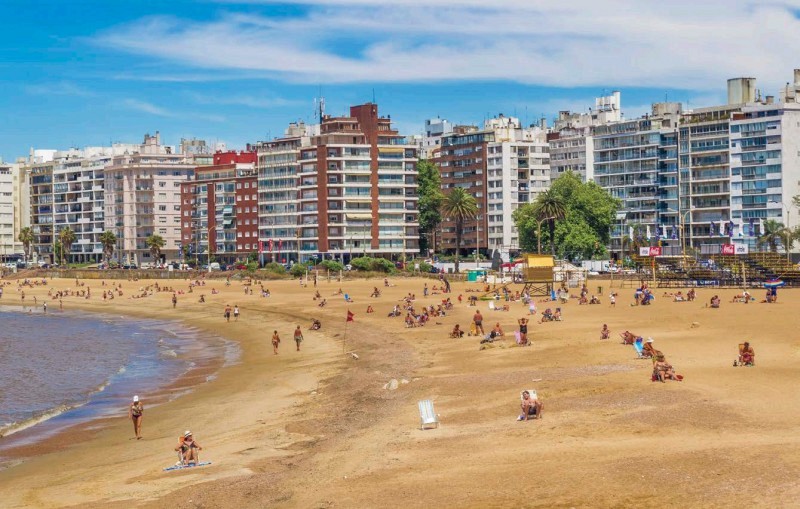
High-rise buildings overlook Pacitos Beach in Montevideo.
Thats when Uruguays many beautiful beaches provide a welcome respite. Sandy, palm-lined beaches attract tourists from both inside and outside the country. In fact, Uruguay is a popular destination for expatriates from both Europe and the United Statesespecially folks who speak, or are willing to learn, Spanish. Like most of Latin America, aside from Brazil, Spanish is the primary language.
Uruguays culture is decidedly South AmericanEuropean inflected, but with a gaucho spirit. Like the cowboys of North America, the gauchos of South America are romanticized, historical heroes whose lifestyle of rugged independence infuses the Uruguayan culture today. The gauchos herded cattle on the Pampas, or vast, low-lying grassy plains that stretch from Argentina to Brazil, covering virtually the entire country of Uruguay.
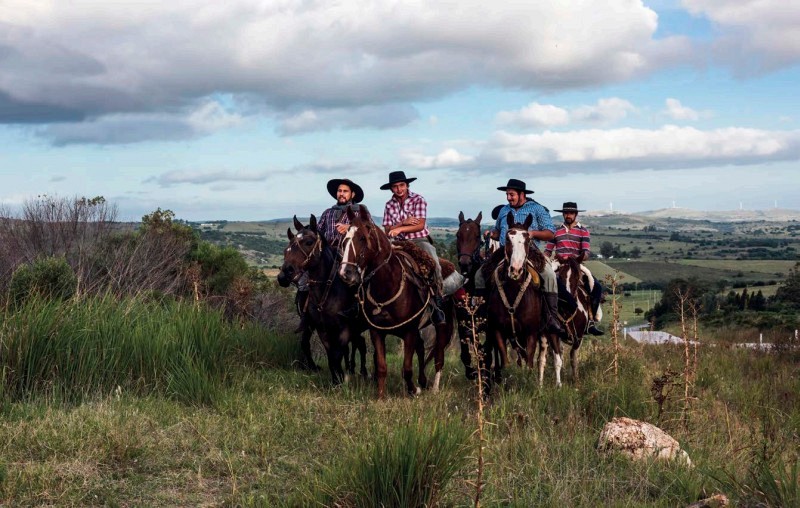
Modern-day gauchos ride side by side en route to a new cattle pasture in Minas.
Cattle ranching is still a major enterprise in the countrys rural interior. Gastronomically, meat is kingespecially barbecued outdoors on huge grills. Woe be to the lonely vegetarian!
But then, Uruguay respects individuality and free choice, and has taken some very progressive turns in recent history. In 2006, under President Tabar Vzquezs first term (20052010), smoking in public was outlawed. The president, after all, was an oncologist, or cancer doctor. In 2012, under President Jos Mujica (in office 20102015), Uruguay became the first country in South America to legalize abortion under limited circumstances. In 2013, it became only the second country in Latin America, after Argentina, to legalize same-sex marriage.
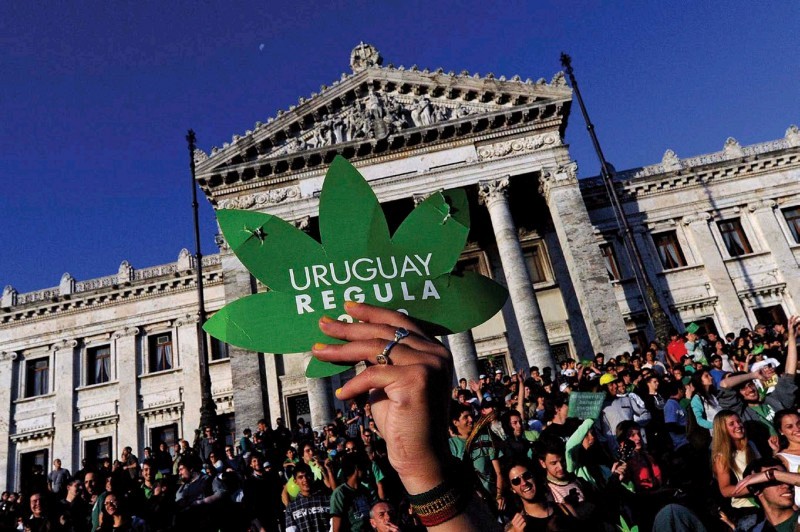
A crowd of demonstrators rally for the legalization of cannabis outside the Legislative Palace in 2013.
That same year, it legalized the recreational use of cannabis, or marijuanathe first country in the world to do so. But then, Uruguay had never criminalized personal possession of drugs to begin with. The legal questions that the government needed to hammer out involved the production, regulation, and sale of the drug. In 2017, during Tabar Vzquezs second term as president (since 2015), the law stipulated some tight controls. The marijuana industry was not to be a free-for-all. The government controls production, registers users, and authorizes pharmacies to sell it. Not wishing to see the country become an international destination for drug users, the law stipulates that only citizens and legal permanent residents are allowed to purchase or grow it.
Some of these actions may be understood in the context of Uruguays deeply-entrenched separation of church and state, which, along with other reforms, dates to 1917. But its recent political transition to a left-leaning nation is no doubt partly due to its haunted past. The country fell under the control of an authoritarian, civic-military dictatorship from 1973 to 1985. It was a time of tremendous repression of human rights during which thousands of people were arrested for political reasons, and many subjected to torture and murder. After arrest, some people were simply never heard from again people who came to be called the disappeared.
Ghosts of a more distant past are still troubling the nationthe indigenous people, who were nearly eradicated by massacres in the nineteenth century; and the enslaved Africans who were forced to cross the Atlantic to serve white masters. Descendants of those Africans now make up about 4 to 12 percent of Uruguays population, and remain among its poorest citizens.

